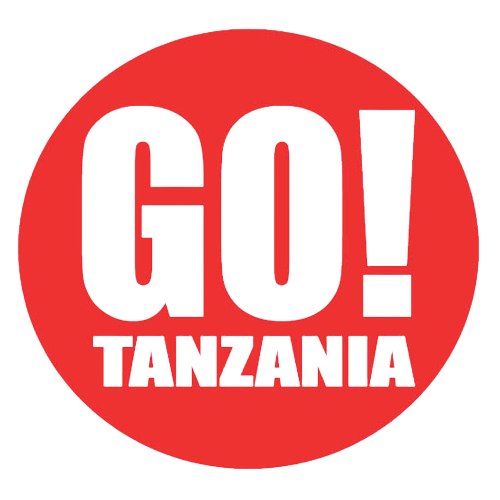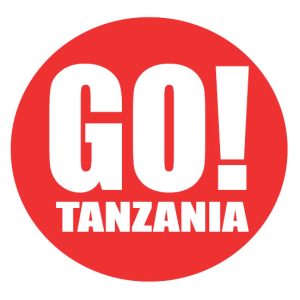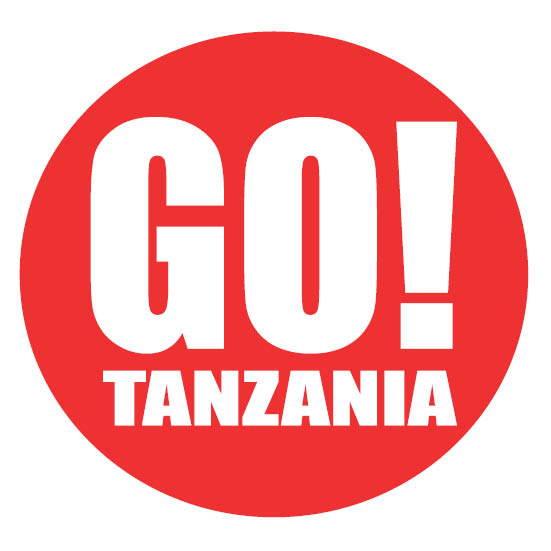Horseback parades, moon-sighting ceremonies and traffic jam coffee during the holy month and Eid-al-Fitr.
Patience and generosity overtake the hustle and bustle. The usually frenetic daytime streets quieten down, and nights come alive with prayer, food and festivity that extend until dawn.
Around the world, rituals of the holy fasting month have embedded themselves in other communities too – not least in Africa, where some 40 percent of the more than 1 billion people identify as Muslim.
Islam first spread from the Middle East to the African continent in the seventh century during the time of the Prophet Muhammad. About 1,400 years later, it is a majority religion across North Africa as well as in Chad, The Gambia, Senegal, Somalia and Sudan.
For Muslims across the continent, Ramadan and the end-of-the-month festival of Eid al-Fitr are a combination of religious practices and cultural rituals around food and community.
In Senegal, Nigeria and South Africa, three photographers documenting their communities share snapshots of the month with Al Jazeera.
Nigeria: Spirituality and horseback parades
Nigeria, Africa’s most populous country, is also home to the continent’s largest number of Muslims. The mainly Muslim northern regions are home to a range of ethnic groups, chief among them the Hausas and Fulanis. In the past decade, the north has become synonymous with instability and violence amid conflict with bandits and armed groups like Boko Haram.
But for those who live there, the region is a bastion of colourful cultural practices.
During Ramadan, bustling cities in the north slow down as most people stay indoors to avoid the heat and focus on spiritual activities like attending lectures or reading the Quran.
And every year, typically to mark Eid, there is a Durbar festival.
Durbars are cultural, religious and equestrian events that have been popular among Hausas for centuries. One of the largest taking place today is the Kano City Durbar, which sees hundreds of thousands of people decked out in stylish Eid attire turning up to get a view of the emir – the equivalent of a king – often on horseback.
Kano-based photographer Muhammad Sani Sabo has been documenting Durbars since 2014. He also photographs everyday scenes in his city. The 31-year-old says he hopes to paint a more accurate representation of the north, which is more than a poster child for poverty, illiteracy and conflict.
“There’s more stories to tell about the north,” Sabo tells Al Jazeera. “I know all the stories, and I believe I can tell it better than anyone coming from Lagos or from abroad.”



Senegal: Teraanga, the culture of hospitality
In the West African Francophone country of Senegal, Islam is a way of life. Nearly all of the population – 97 percent – is Muslim.
With long, breezy coastlines, Senegal is known for its culture of “Teraanga”, a Wolof word that loosely translates to generosity, hospitality and sharing. Many locals say that just asking a passer-by for directions to the nearest restaurant could get you an invitation to a private family dinner instead.
During Ramadan, Hawo Kane says cities slow down, and the culture of Teraanga and giving only intensifies.
Kane, 34, a Senegalese photographer who grew up in France and Mauritania, documents communities in the capital, Dakar, and other cities. While her family moved around for work, settling back in her home country as an adult “was always the logical option” because of her goal to authentically document its rich traditions.
Her photographs of Ramadan and Eid show a community in which no one is left behind.
“No one is going to go hungry here because everyone has something to share,” Kane says.



South Africa: Moon sightings and street iftars
At the southern tip of Africa, South Africa has a tiny population of Muslims – a mere 2 percent of the country.
But they are a visible minority, especially in Cape Town, where the earliest Muslims arrived in the 1600s from countries that include Indonesia and Malaysia. Many South African Muslims can trace their ancestry back to enslaved people and indentured labourers who were brought to the continent by Western colonisers.
When they arrived, they brought rituals with them, including the longstanding tradition of physically sighting the crescent moon before the start of Ramadan and Eid. In Cape Town, this is a community affair that takes place near Bo-Kaap, a historically Muslim neighbourhood known for its colourful houses.
Esa Alexander, a Reuters photographer from Cape Town, says Ramadan is a special time in his city.
Although some parts like the Cape Flats area, which Alexander hails from, are known for high levels of crime and poverty, things calm down during the fasting month, he says.
“It’s like people just stop with criminality, and you can feel the calm in the air,” Alexander tells Al Jazeera. “It brings people together. For example, we have so many street iftars and so many NGOs and other organisations coming into our communities, giving out food parcels and food to the less fortunate.”



Source: Al Jazeera



